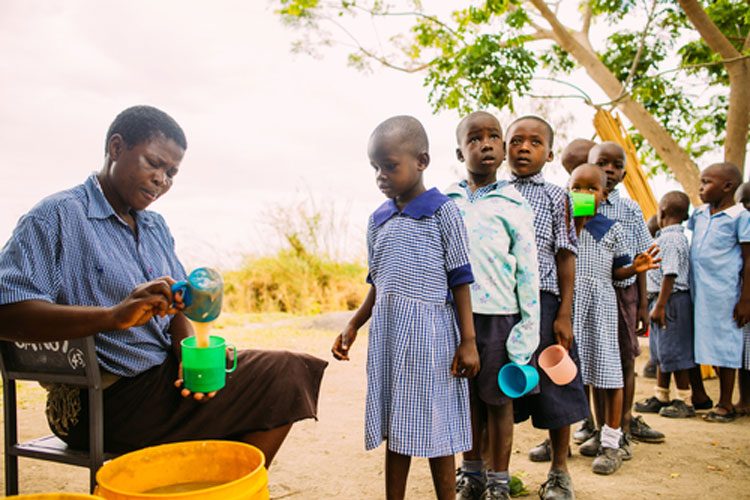FAO and NDB to join forces in bid to achieve 2030 Agenda
- Like
- Digg
- Del
- Tumblr
- VKontakte
- Buffer
- Love This
- Odnoklassniki
- Meneame
- Blogger
- Amazon
- Yahoo Mail
- Gmail
- AOL
- Newsvine
- HackerNews
- Evernote
- MySpace
- Mail.ru
- Viadeo
- Line
- Comments
- Yummly
- SMS
- Viber
- Telegram
- Subscribe
- Skype
- Facebook Messenger
- Kakao
- LiveJournal
- Yammer
- Edgar
- Fintel
- Mix
- Instapaper
- Copy Link
Posted: 5 November 2018 | New Food | No comments yet
Organisations increase their joint efforts to help countries achieve FAO’s Sustainable Development Goals


In the first partnership of its kind, the Food and Agriculture Organization of the United Nations (FAO) and the New Development Bank (NDB) are set to increase their joint efforts to help countries achieve the FAO’s Sustainable Development Goals, with a special focus on safeguarding water and soil resources.
When meeting at the end of October with NDB President, K V Kamath, FAO Director-General, José Graziano da Silva, noted that it will take incremental resources of up to an estimated $265 billion a year to end poverty and hunger by 2030 – two of the 17 Sustainable Development Goals agreed by the international community.
“In order to achieve SDGs on time – there are less than 12 years left – we need consistent, committed financing. Food and agriculture, water and sanitation, energy and transportation infrastructure can – and must – contribute enormously. This is why FAO is pleased today to join forces with the New Development Bank, so that together we can draw on our combined strengths and deliver tangible results for the countries we support,” the FAO Director-General said..
Through the partnership, FAO and the NBD would aim to develop and implement joint programmes and projects in food and agriculture and rural infrastructure, including in water and irrigation; sustainable land use; soil management; and, the fight against desertification. Activities could include knowledge and experience sharing and the promotion of innovative solutions as well as joint research and technical cooperation.
The NDB (formerly the BRICS Development Bank) is a multilateral development bank established by the BRICS states – Brazil, the Russian Federation, India, China and South Africa – in July 2015 and fully operational since February 2016. The Bank is mandated to mobilise resources for sustainable development and infrastructure projects in support of global growth and development. To date, it has approved 26 projects, in all member countries, for a total amount of more than $6.5 billion in investments. The Bank’s operations focus on key areas including clean energy, transport infrastructure, water management, sanitation and sustainable urban development.
Related organisations
Food and Agriculture Organization (FAO), New Development Bank




